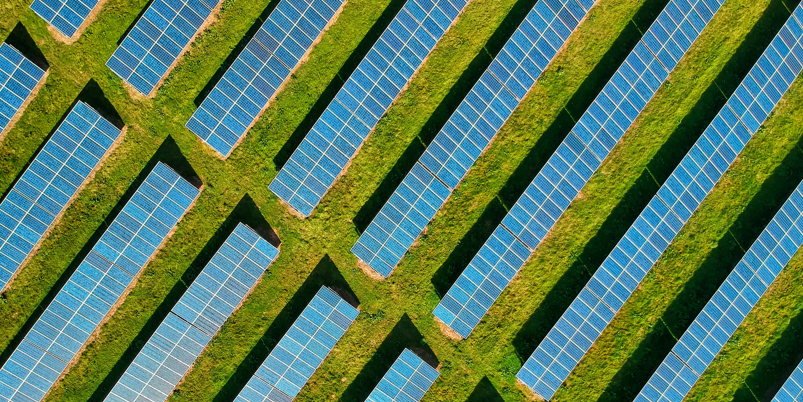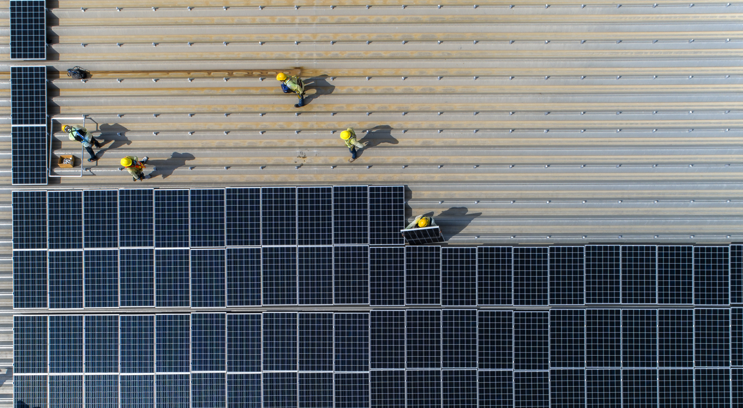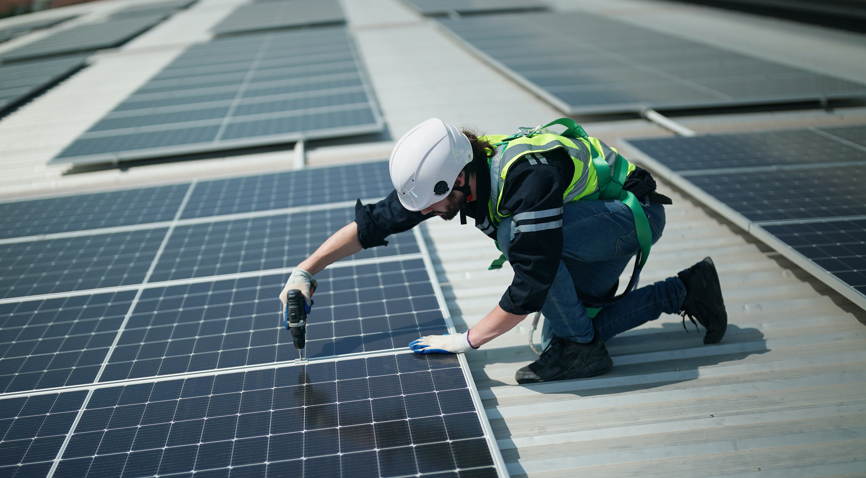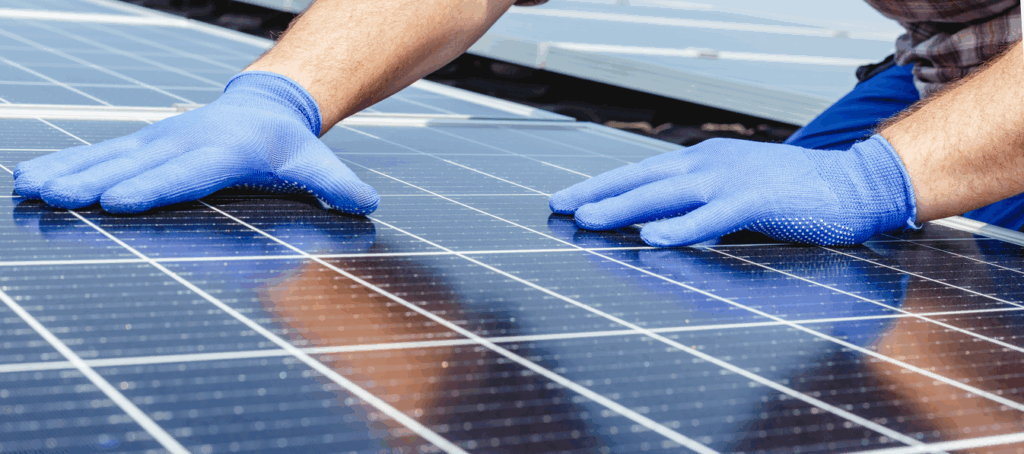Investing in renewable energy, particularly solar, is one of the smartest moves a business or landowner can make today. With rising energy prices, pressure to decarbonise and government incentives in place, it’s no surprise more organisations are turning to solar to power their operations. But getting the most from that investment isn’t just about installing panels and waiting for savings.
As any experienced solar consultant will tell you, successful solar projects are built on strong planning, expert advice and a long-term view. In this article, we’ll walk you through how to maximise your renewable energy investment from day one, and where professional support can make all the difference.
1. Start with a Solid Feasibility Study
Before jumping into a solar installation, it’s essential to understand whether it’s the right solution for your site, operations and goals. A thorough feasibility study will consider:
- Available roof or land space
- Energy consumption patterns
- Grid connection potential
- Planning constraints
- Payback periods and ROI
A specialist solar consultant can model different scenarios and recommend the optimal system size and configuration. This step is crucial to avoid over- or under-investing, and ensures your solar setup is genuinely fit for purpose.
Design with Efficiency in Mind
Design isn’t just about placing panels in a sunny spot. Factors like panel orientation, tilt angle, system layout and inverter choice affect performance. A well-designed system will maximise yield and reduce energy waste.
For example, commercial clients may benefit from east-west panel arrangements to match peak usage throughout the working day, rather than just maximising midday output. Battery storage may also be considered to extend the usefulness of generated power.
Consultants use sophisticated modelling tools to simulate solar production and compare layout options, which is difficult to do without expertise.


3. Understand the Regulatory Landscape
Planning laws, grid connection approvals and energy market regulations vary across regions. Mistakes or delays here can cause costly setbacks. A good solar consultant will manage this process, liaising with:
- Local planning authorities
- Distribution Network Operators (DNOs)
- Ofgem and other regulatory bodies
- Funding or grant agencies
At Waldeck, we ensure clients stay compliant while taking advantage of incentives and subsidy opportunities available during development.
4. Focus on Long-Term Performance, Not Just Installation Cost
It is tempting to go for the cheapest upfront cost, but a quality installation pays off in the long run. Higher-efficiency panels, robust mounting systems and smart monitoring tools can significantly increase system lifespan and performance.
Ongoing Operation & Maintenance (O&M) planning is also key. A solar consultant will help set up maintenance schedules, performance monitoring and fault detection systems to avoid revenue loss from unnoticed issues.


5. Use Data to Your Advantage
Modern solar systems generate vast amounts of data, from power output and fault alerts to weather trends and consumption patterns. A solar consultant helps turn that data into actionable insight.
For example, if you notice underperformance on certain arrays, shading from a nearby structure or degradation in a specific panel could be the cause. Early identification can prevent bigger problems later.
Integrating your solar system with building energy management systems (BEMS) can optimise energy use across your site.
6. Plan for Future Expansion
Think long-term. Can your solar system be scaled up? Will battery storage be added later? Are electric vehicle (EV) charging points part of your five-year plan?
Designing a flexible system today means you won’t need to redesign or reinstall parts later. Your consultant can help you create a phased energy strategy that matches your future business growth.
7. Measure More Than Just Financial ROI
While cost savings and payback time are critical, other metrics matter too. Solar installations support:
- Carbon reduction targets
- Sustainability reporting (e.g. ESG or Scope 2 emissions)
- Brand image and corporate responsibility goals
These broader benefits can be just as valuable, especially for clients under regulatory or shareholder pressure to demonstrate green progress.
Solar energy is a powerful tool, but like any investment, its value depends on how well it’s planned, implemented, and managed. A qualified solar consultant brings technical expertise and strategic insight, helping you reduce risk, improve performance and future-proof your energy strategy.
At Waldeck, our renewable energy specialists partner with clients at every stage of their solar journey: from feasibility and design to long-term optimisation. Ready to take control of your energy future? Get in touch with our team today.